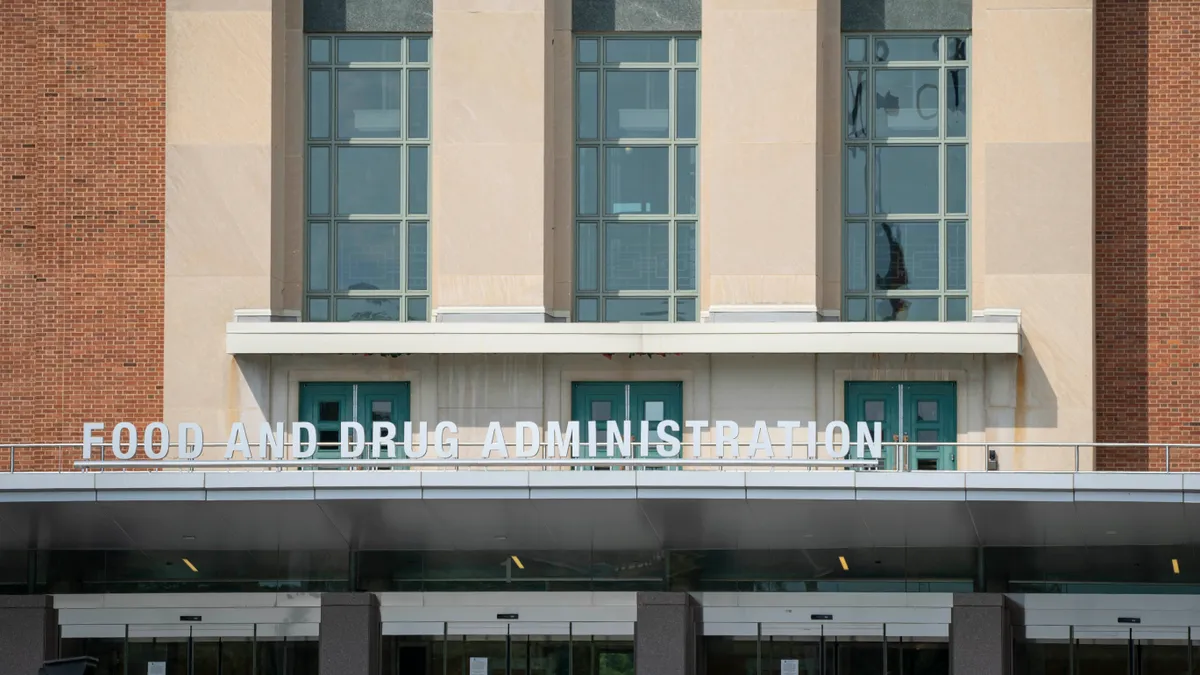Dive Brief:
- The Food and Drug Administration said Thursday it has sent two more warning letters related to plastic syringes made in China.
- Jiangsu Shenli Medical Production received a second FDA warning letter, after the one issued in March, in response to an inspection of its facility in China. The FDA expanded the import alert against the company to stop enteral syringes from entering the U.S.
- The agency also sent a warning letter to Jiangsu Caina Medical after an inspection of its facility in China revealed quality system violations. Jiangsu Caina was already the subject of an import alert.
Dive Insight:
The FDA named Jiangsu Shenli and Jiangsu Caina as targets of its investigation into the safety of plastic syringes made in China in March. At the time, the agency had not completed inspections of either company but still sent a warning letter to Jiangsu Shenli. In April, the FDA issued import alerts against both firms.
Now, the FDA has published warning letters that show it inspected Jiangsu Shenli and Jiangsu Caina sites around the time it named the manufacturers in its plastic syringe investigation. The FDA was partway through an inspection of a Jiangsu Caina facility in Jiangsu, China, when the agency said it was “actively evaluating quality issues and performance testing failures” with the company’s syringes in March.
The inspection resulted in a July 18 warning letter that describes Jiangsu Caina’s violations of the quality system regulation. Many of the FDA’s observations relate to the production of Monoject syringes, the brand of Cardinal Health syringes that triggered the investigation into Chinese products last year.
FDA inspectors found Jiangsu Caina investigated a complaint about the incompatibility of a syringe with a pump in July 2023. The investigation found the syringe was not recognized by Medfusion pumps, but the company failed to assess all the reported issues or initially open a corrective and preventive action plan.
“Based on FDA’s inspectional findings, it appears that your firm’s failure to thoroughly analyze and investigate complaint data for these syringes may have contributed to a delay in recognition that the risk of incompatibility applied to additional sizes of Cardinal Health Monoject syringes,” the FDA said.
The July 18 Jiangsu Shenli warning letter describes other quality system regulation violations. During a visit to Jiangsu Shenli’s facility in Jiangsu, China, in March, FDA inspectors found no documentation related to the design and development of a range of syringes the company exported to the U.S. The FDA also found no design and development documentation for Jiangsu Shenli’s enteral feeding syringes.
Enteral feeding syringes were outside of the scope of the original investigation. The inspection findings led the FDA to add the feeding syringes to the import alert against Jiangsu Shenli and to recommend healthcare providers immediately transition away from using the devices.











